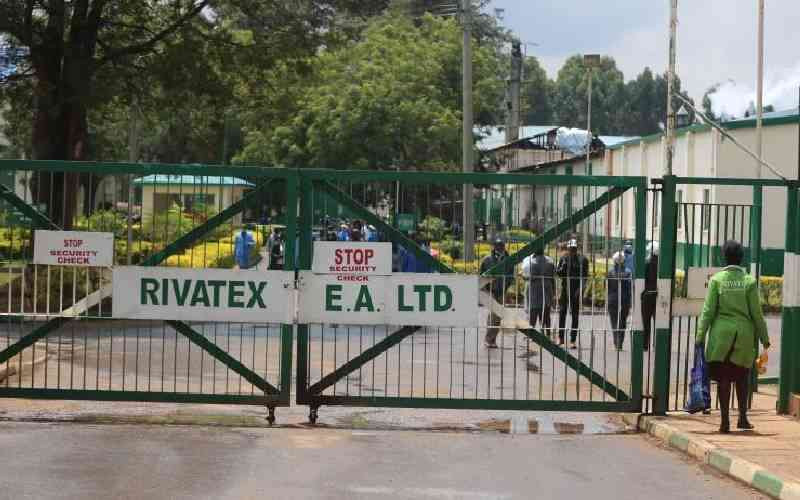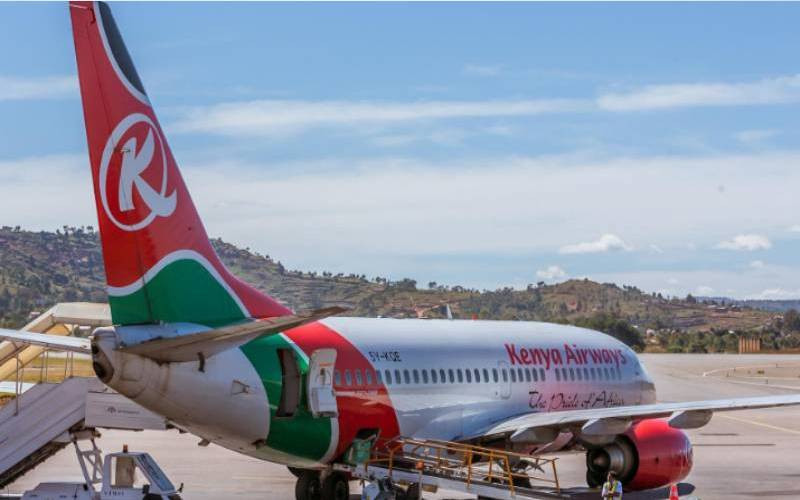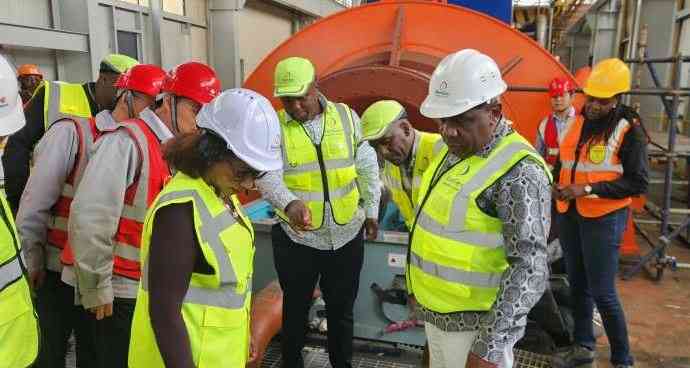
The Competition Authority of Kenya has given a nod to the sale of Holcim’s 41.7 percent stake in giant cement manufacturer, East African Portland Cement Company to Kalahari Holdings.
Director of competition and consumer protection, Joel Omari told the Trade and Investment Committee of the National Assembly that the acquisition will not interfere with the control of the cement maker, and there was no risk over market dominance.
“The 41.7 percent shareholding will not result in acquisition of control and the shares do not grant any veto rights that would amount to any indirect control,” Omari said, adding that the said acquisition will not amount to a merger as provided in the law. He clarifies that the move would not lead to change in control of the company’s management.
Citing the CAK's comprehensive review of the acquisition plan, Omari confirmed the authority has assessed potential impacts on competition in the market and ruled out any likelihood of market monopoly.
“In our assessment, we analyzed potential shifts in market share control and anti-competitive practices. The analysis further assessed the current trends in the cement industry including production, demand, supply and anti-export dynamics to determine effects on consumer welfare, pricing, innovation and market fairness,” he said, adding that the acquisition will not warrant merger control measures.
However, MPs raised reservations on the acquisition, warning it could lead to far reaching implications on employment and market equity.
Aldai MP, Mary Keitany who doubles up as the Vice Chair of the parliamentary committee on Trade and Investment demanded to know what would be the fate of EAPC employees after the acquisition, warning of potential job losses and a fall in the company’s competitiveness.
Her sentiments were echoed by Taveta MP, John Bwire, who rooted for a comprehensive survey of market share among the cement manufacturing firms operating within the country. Bwire said public interest must be the yardstick in such high stake transactions, pouring cold water into the source of the Authority’s market share estimates.
“I am questioning the source of your estimates that Mombasa controls 33 percent of the entire cement market in Kenya,” he said.







